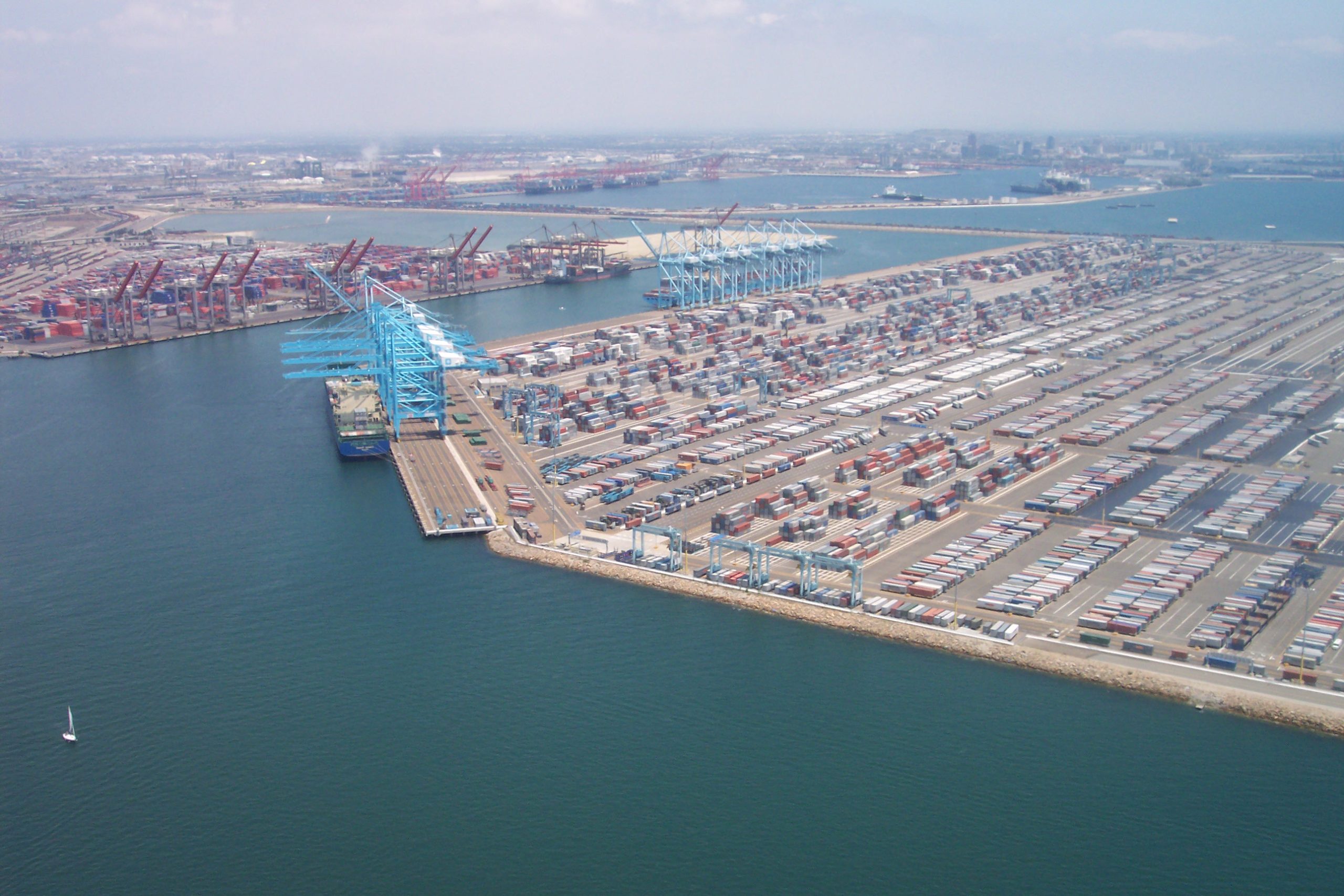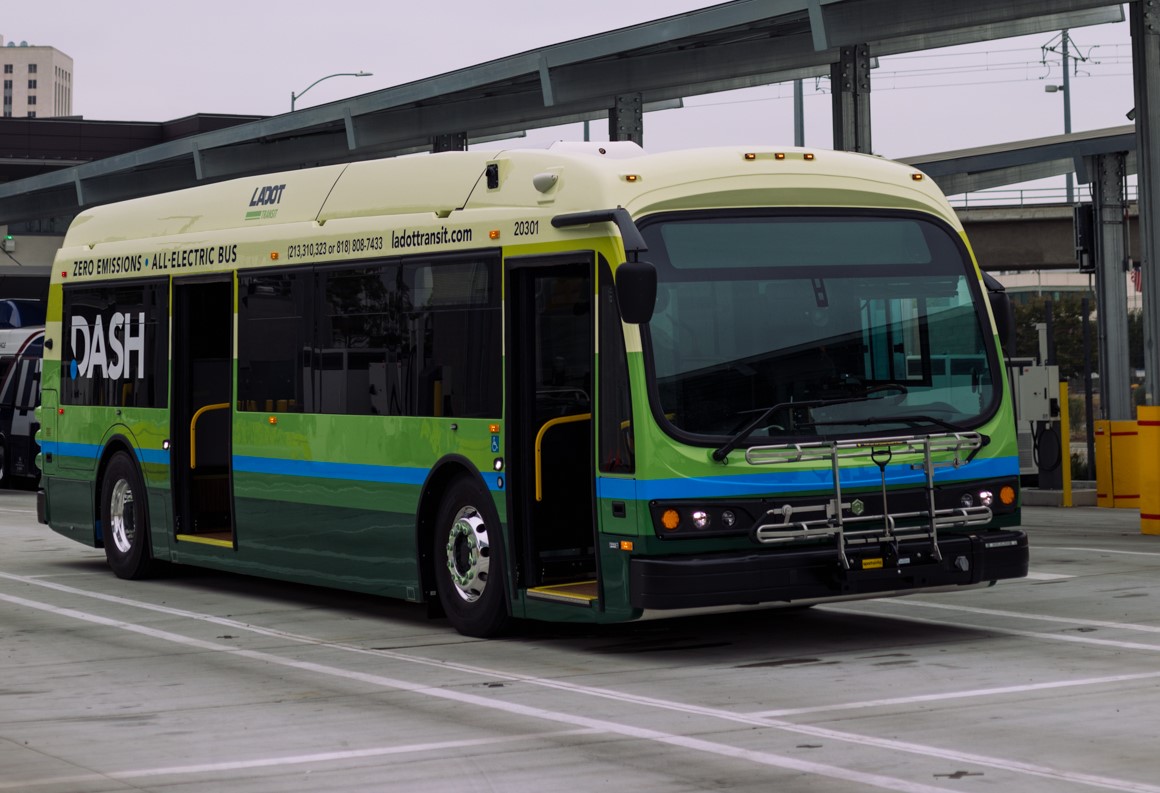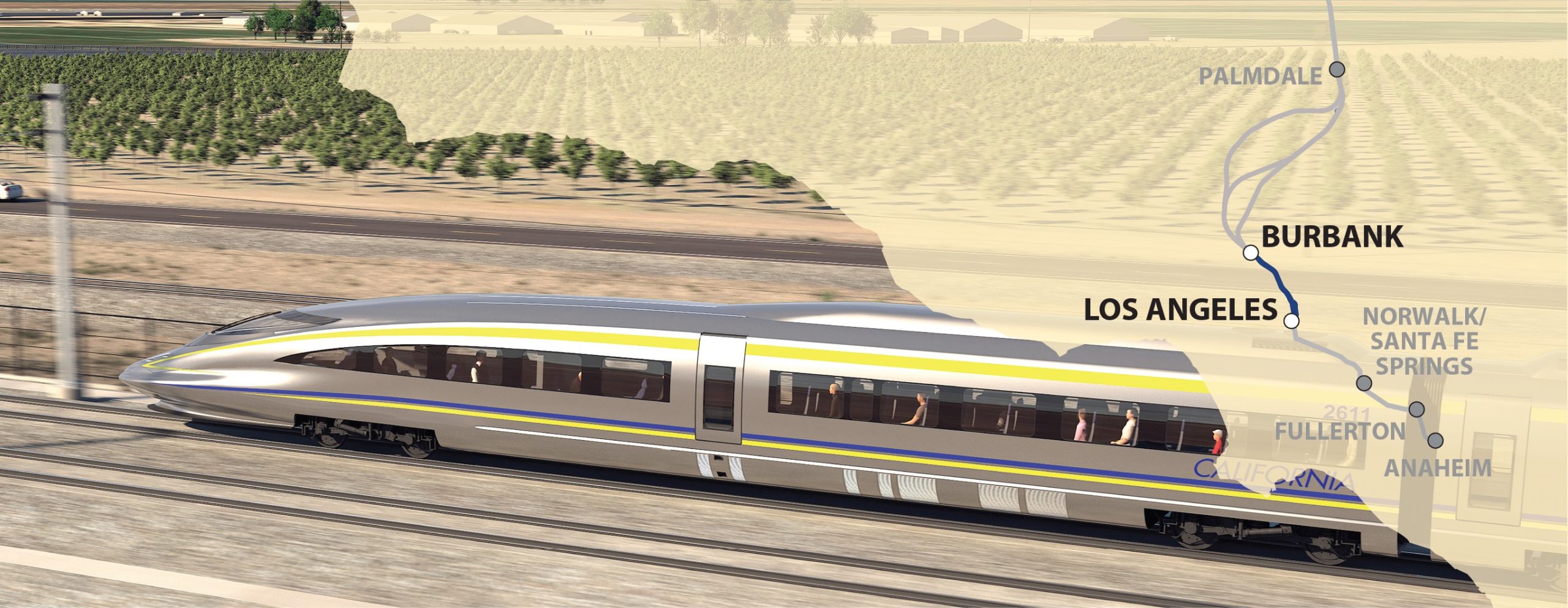The Los Angeles Board of Harbor Commissioners Thursday unanimously approved a program to incentivize the transition of zero-emission trucks at the Port of Los Angeles by charging cargo owners for using trucks that don’t meet rigorous clean air standards.
“As we continue to move record-breaking cargo through the busiest port in the Western Hemisphere, it is vital that we implement the Clean Truck Fund Rate to expedite the transition of trucks servicing the Port to zero-emissions,” Mayor Eric Garcetti said in a statement. “Cleaning up the air at our port will protect surrounding neighborhoods, workers, and our region as whole. I am proud to have championed this program and thank the Commissioners for passing this significant policy.”
The port will begin collecting fines on April 1 at $10 per 20-foot equivalent unit hauled by a nonexempt truck. The Port of Long Beach is also implementing the fine to standardize the policy across the San Pedro Port Complex.
The Clean Truck Fund Rate is expected to collect about $45 million annually for each port, and the Port of Los Angeles said their portion will exclusively go toward zero-emission trucks and infrastructure that will help the port reach its goal of eliminating all emissions from trucks at the port by 2035.
“Today’s action by the Los Angeles Board of Harbor Commissioners marks the next phase of our transition toward a zero-emissions truck fleet,” said Port Executive Director Gene Seroka. “The Clean Truck Fund Rate is just one component of the funding needed to achieve our ambitious goals. The transition to ZE trucks will require a broad public-private partnership.”
The Port of Los Angeles and Port of Long Beach first set the rate for planning purposes in March 2020, and it was developed as part of the 2017 Clean Air Action Plan Update with outreach to the industry and community. Zero- emission trucks are exempt from the rate, along with trucks that meet or exceed California’s low nitrogen oxide standard through Dec. 31, 2027. Loaded containers entering or leaving marine terminals by on-dock rail will also be exempt. The rate is set to expire on Dec. 31, 2034, according to the port.
Port-related emissions in the San Pedro Bay have decreased since 2005 by 90% for diesel particulate matter, 63% for nitrogen oxides and 97% for sulfur oxides, according to the port, which aims to reduce greenhouse gases to 40% below 1990 levels by 2030 and 80% below 1990 levels by 2050.







